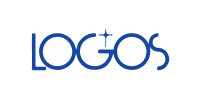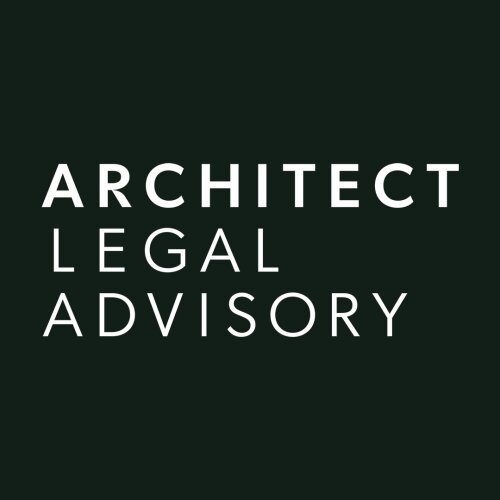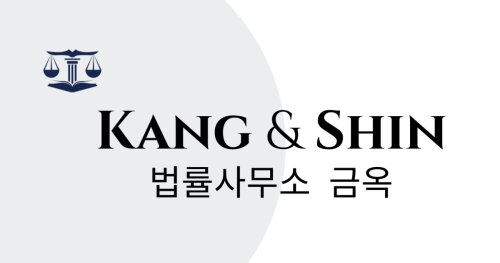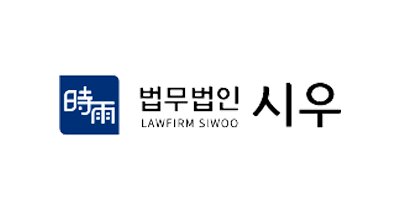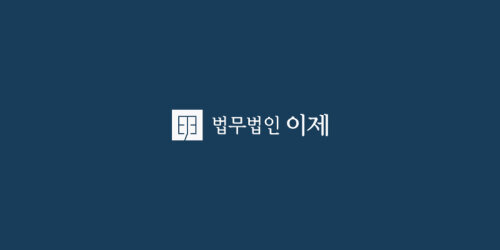Best Whistleblower & Qui Tam Lawyers in South Korea
Share your needs with us, get contacted by law firms.
Free. Takes 2 min.
Or refine your search by selecting a city:
List of the best lawyers in South Korea
About Whistleblower & Qui Tam Law in South Korea
Whistleblower & Qui Tam laws in South Korea are designed to protect individuals who report illegal activities, fraud, or misconduct within government entities or private companies. Whistleblowers are individuals who expose wrongdoing, while Qui Tam refers to a legal mechanism that allows private citizens to file lawsuits on behalf of the government to recover funds lost due to fraud.
Why You May Need a Lawyer
You may need a lawyer in Whistleblower & Qui Tam cases if you believe you have information about illegal activities or fraud and want to report it while protecting your rights. A lawyer can help you navigate the legal process, ensure your confidentiality, and represent you in any potential legal actions.
Local Laws Overview
In South Korea, the Whistleblower Protection Act provides protections for individuals who report wrongdoing in both the public and private sectors. This law prohibits retaliation against whistleblowers and outlines procedures for reporting misconduct. The Act also includes provisions for rewarding whistleblowers who assist in recovering government funds through Qui Tam actions.
Frequently Asked Questions
1. What types of activities can be reported under Whistleblower & Qui Tam laws in South Korea?
Illegal activities, fraud, corruption, and misconduct within government agencies or private companies can be reported under these laws.
2. Can whistleblowers remain anonymous in South Korea?
Yes, whistleblowers can choose to remain anonymous when reporting misconduct. However, it is recommended to consult with a lawyer to understand the implications of anonymity.
3. What protections are available for whistleblowers in South Korea?
Whistleblowers are protected from retaliation, such as termination, demotion, or harassment, under the Whistleblower Protection Act.
4. How can I report misconduct as a whistleblower in South Korea?
You can report misconduct to the relevant government authority or regulatory body. Consulting with a lawyer can help you understand the reporting process and your rights.
5. Can I receive a reward for reporting misconduct in South Korea?
Yes, whistleblowers may be eligible for a reward if their report leads to the recovery of government funds through Qui Tam actions.
6. What legal actions can be taken against individuals or entities found guilty of misconduct?
Legal actions can include fines, penalties, restitution of funds, and potential criminal charges depending on the nature of the misconduct.
7. Is there a statute of limitations for reporting misconduct under Whistleblower & Qui Tam laws in South Korea?
Statutes of limitations may vary depending on the specific circumstances of the case. It is advisable to seek legal advice to understand the time limits for reporting misconduct.
8. Can I be held liable for reporting false information as a whistleblower?
If you knowingly report false information, you may be subject to legal consequences. It is essential to provide accurate and truthful information when reporting misconduct.
9. Can I seek legal assistance if I face retaliation for whistleblowing in South Korea?
Yes, you can seek legal assistance to protect your rights and seek remedies if you face retaliation for whistleblowing. A lawyer can help you navigate the process and advocate on your behalf.
10. Are there any resources available to support whistleblowers in South Korea?
There are organizations, government agencies, and legal professionals that specialize in supporting whistleblowers and providing guidance on reporting misconduct. It is advisable to seek assistance from these resources if needed.
Additional Resources
For additional information and support regarding Whistleblower & Qui Tam in South Korea, you can contact the Ministry of Justice, Korea Independent Commission against Corruption (KICAC), or seek assistance from legal professionals specializing in whistleblower protections.
Next Steps
If you believe you have information about illegal activities or misconduct and need legal assistance in Whistleblower & Qui Tam matters, it is crucial to consult with a qualified lawyer who can guide you through the process, protect your rights, and help you seek appropriate remedies. Take the necessary steps to report misconduct and ensure that your actions are in compliance with the law.
Lawzana helps you find the best lawyers and law firms in South Korea through a curated and pre-screened list of qualified legal professionals. Our platform offers rankings and detailed profiles of attorneys and law firms, allowing you to compare based on practice areas, including Whistleblower & Qui Tam, experience, and client feedback.
Each profile includes a description of the firm's areas of practice, client reviews, team members and partners, year of establishment, spoken languages, office locations, contact information, social media presence, and any published articles or resources. Most firms on our platform speak English and are experienced in both local and international legal matters.
Get a quote from top-rated law firms in South Korea — quickly, securely, and without unnecessary hassle.
Disclaimer:
The information provided on this page is for general informational purposes only and does not constitute legal advice. While we strive to ensure the accuracy and relevance of the content, legal information may change over time, and interpretations of the law can vary. You should always consult with a qualified legal professional for advice specific to your situation.
We disclaim all liability for actions taken or not taken based on the content of this page. If you believe any information is incorrect or outdated, please contact us, and we will review and update it where appropriate.
Browse whistleblower & qui tam law firms by city in South Korea
Refine your search by selecting a city.



